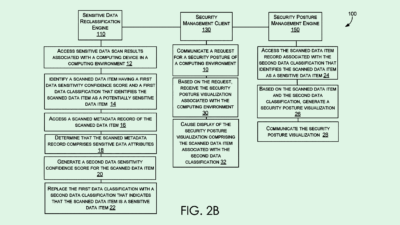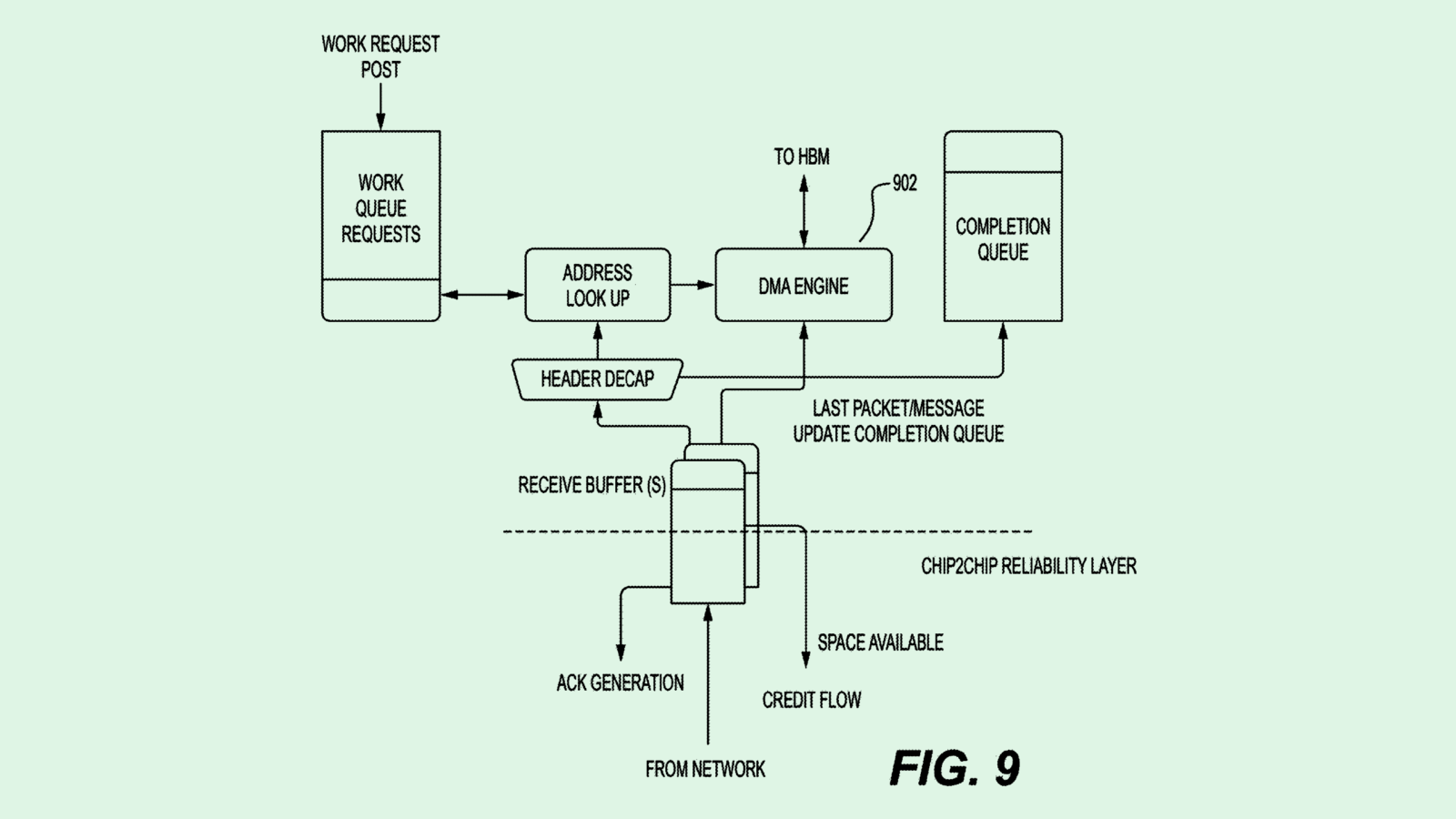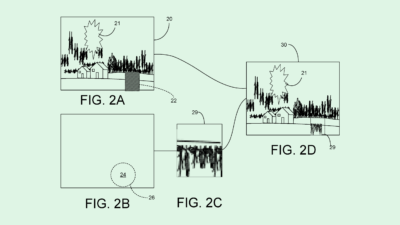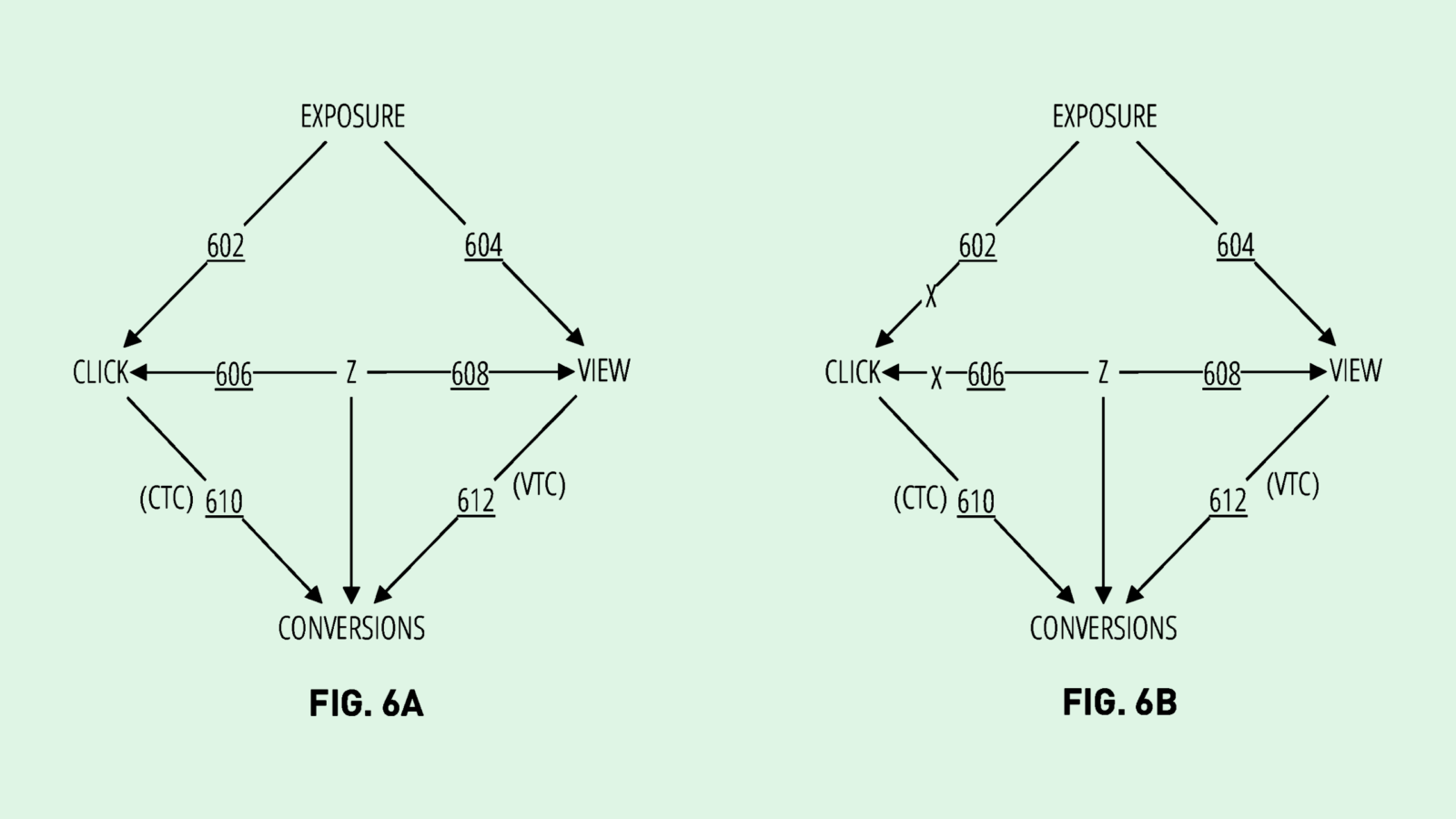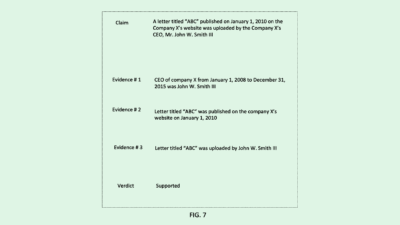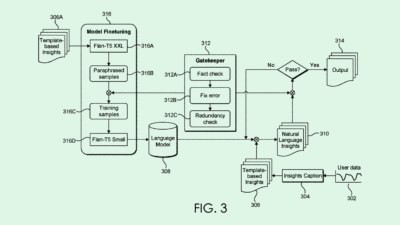As Cars Get Smarter, Personalization Presents Privacy Problems
Ford may want to authenticate your face when you get behind the wheel.
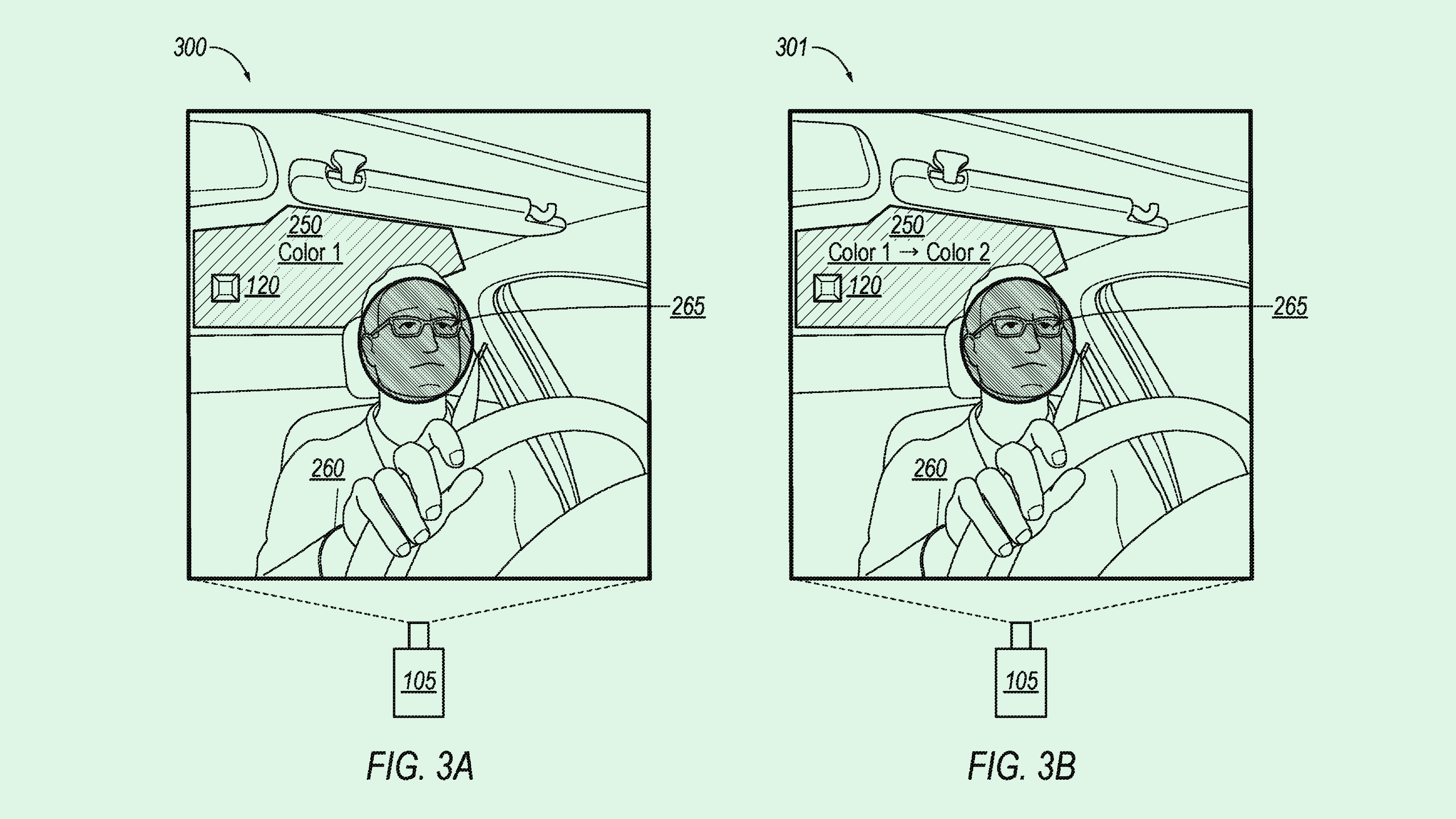
Sign up to uncover the latest in emerging technology.
Ford wants to make sure it’s you behind the wheel.
The automaker filed a patent application for “scene authentication,” which essentially enhances security in vehicles by making the facial and biometric recognition systems more robust.
“In some situations, such [as] an unauthorized individual attempting to operate the vehicle, the individual may attempt to tamper with a captured image depicting facial and/or other features,” Ford said in the filing.
To avoid this, Ford’s tech tracks “illumination patterns,” such as shadows and light: The system captures not only the driver’s face, but the entire “scene” around them, such as a vehicle’s interior and other objects in a frame, tracking the light patterns in the scene. These light patterns are then compared to previously captured images and biometrics.
If the light patterns in the scene as a whole do not match with that of previous scenes, Ford’s tech may determine that tampering or fraud have been employed to imitate the vehicle’s actual owner.
For additional security, all captured biometric data is stored in a secured, encrypted memory that’s only accessible by authorized parties, Ford said.
Though this tech is positioned as a means of providing an added layer of security, the ability to identify who is in the driver’s seat could have multiple use cases, said Bob Bilbruck, CEO of consulting firm Captjur.
In a situation where there are multiple known drivers, it could automate personalization features, such as seat positioning, AC or music. If the driver is younger, it could automatically implement additional safety features, he said. “I think this is going to be a quick way to reference everybody in the car,” said Bilbruck.
For automakers, the benefit of tech like this is clear: It’s a “marketing upcharge,” said Bilbruck. “Every service in the car is going to be something you can easily opt into with your face.”
This filing brings up a growing question as vehicles become more connected, personalized, and eventually autonomous: Where is the line between convenience and privacy? While tech like this could make day-to-day life easier, Bilbruck said, the cost is giving personal data to yet another company. “Nobody is going to have any privacy anymore,” he said.
Plus, given that lots of these facial recognition and biometric services often rely on AI as part of their foundational tech, they are far from perfect, he said. AI still has a tendency to hallucinate, lean towards biases and make mistakes. “These systems are great until they’re not,” Bilbruck noted.



